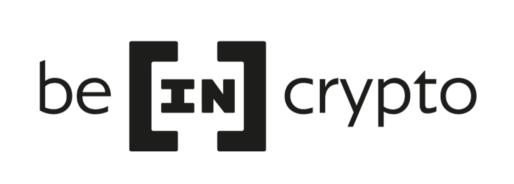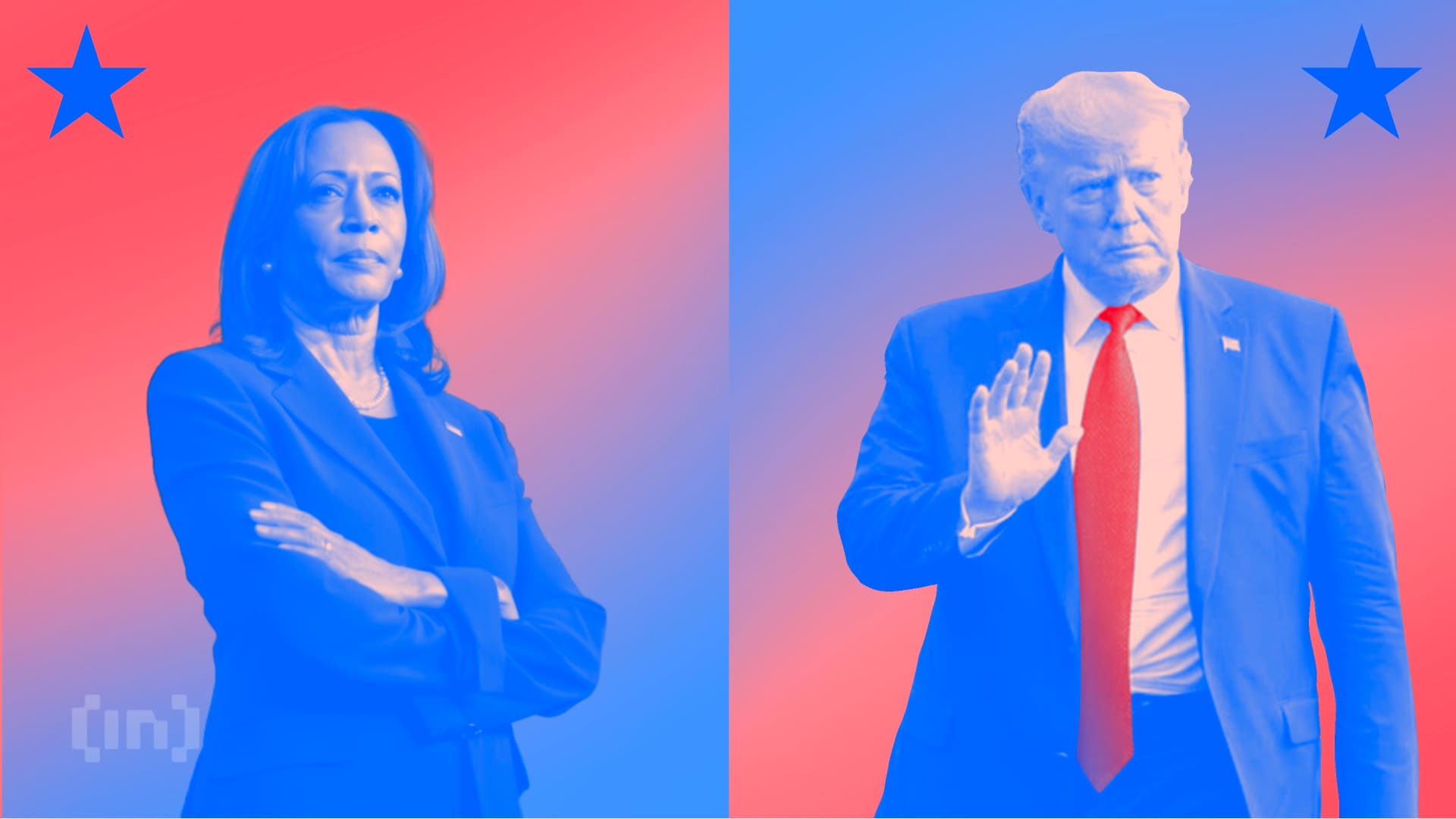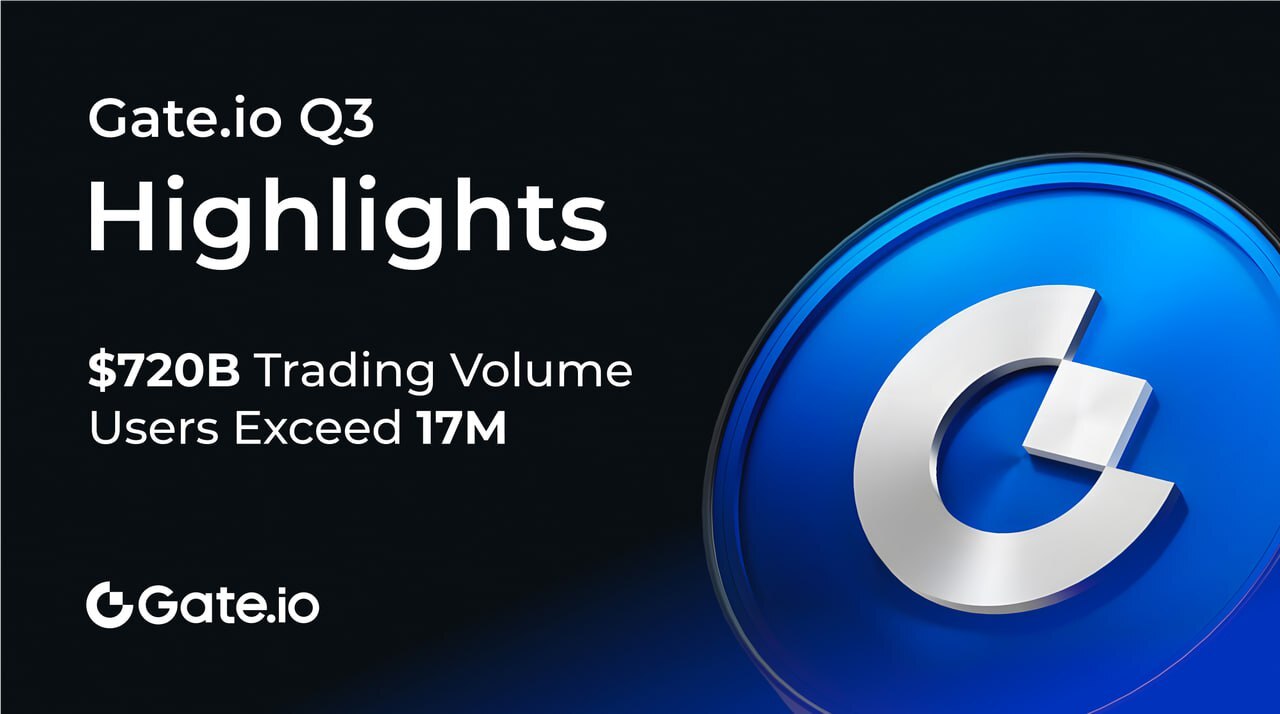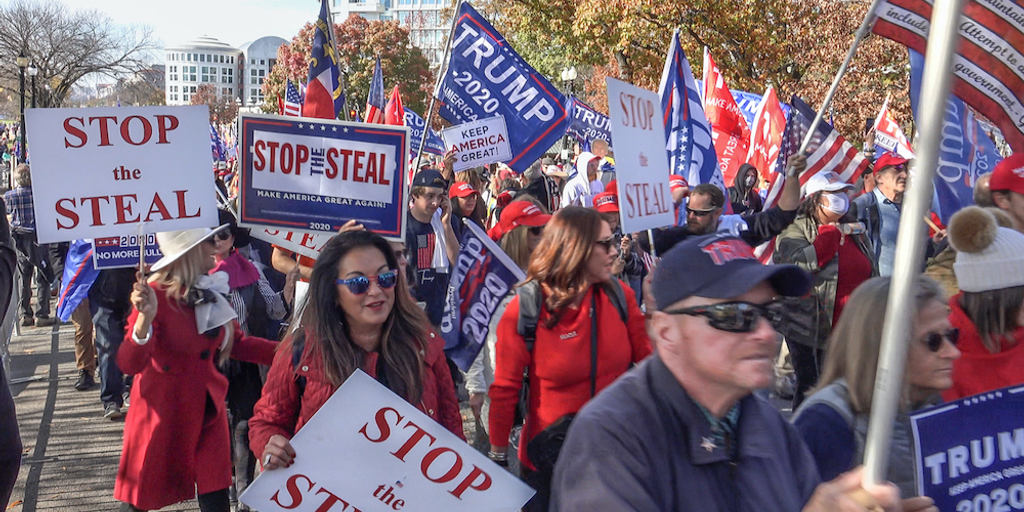In a recent hearing, Judge Katherine Polk Failla criticized Coinbase’s attempts to subpoena the Securities and Exchange Commission (SEC) Chairman, Gary Gensler. She suggested their efforts were both surprising and misguided.
The judge pointed out the documents’ irrelevance before Gensler’s term. She also suggested that Coinbase modify or drop its request.
Judge Failla’s Skepticism: A Blow to Coinbase’s Subpoena Efforts
Judge Failla, presiding over the District Court for the Southern District of New York, expressed her skepticism about Coinbase’s justification for the subpoena.
“Let me note that counsel on both sides is very smart, very clever, they’re all very clever people…but I was kind of surprised and not in a good way. I found the arguments at least as articulated in the July 3 response to border on the fatuous,” she remarked.
Read more: Who Is Gary Gensler? Everything To Know About the SEC Chairman
Coinbase initially requested documents from the SEC in April. Later, the firm expanded this request to include Gensler’s personal communications, covering his tenure as SEC Chair and the four years prior.
The SEC promptly opposed this request, describing it as an “improper intrusion” into Gensler’s personal life. They argued that any relevant documents should be sought from the agency itself, not from individual employees.
Jorge Tenreiro, a senior trial attorney for the SEC, argued that Gensler’s communications before his appointment as Chair were irrelevant to the case. He stressed that the SEC Chair is neither a fact nor an expert witness in this matter. Tenreiro also warned that granting such a subpoena could set a troubling precedent for future cases.
“Given also the utter lack of relevance of the requested documents, and the potential chilling effect on public service, the Court should quash the Subpoena and issue a protective order,” SEC lawyers contended in their filing.
Kevin Schwartz, Coinbase’s attorney, maintained that Gensler’s communications were pertinent, particularly those predating his chairmanship. He argued that Gensler’s role as a prominent commentator on digital assets and his public statements often presented as his personal views. Thus, these communications were relevant to understanding the regulatory context.
“What Mr. Gensler was saying in his private communications about the regulatory status of digital assets, and what market participants were saying to him about these matters, is probative of the objective understanding of the public and market participants regarding what conduct the securities laws prohibit,” Schwartz explained.
Judge Failla was notably unimpressed by Coinbase’s rationale. She queried the relevance of Gensler’s pre-chair statements, describing the arguments as speculative and unconvincing.
Despite this, she acknowledged that the SEC had stonewalled Coinbase and suggested the parties work together on a briefing schedule. Furthermore, she advised Coinbase to file a motion to compel rather than continue with the current subpoena approach.
Read more: Coinbase Review 2024: The Best Crypto Exchange for Beginners?
The legal battle between Coinbase and the SEC began in June 2023. The SEC filed a lawsuit against Coinbase, alleging that it operated as an unregistered exchange, broker, and clearing agency. Additionally, it claims that Coinbase has been providing unregistered securities through its staking services.
The SEC has also targeted several tokens listed on Coinbase’s platform, including Solana (SOL), Cardano (ADA), and Polygon (MATIC), alleging they are unregistered securities. However, Coinbase has denied these allegations. The crypto exchange asserted that none of the assets on its platform qualify as securities.
The post Coinbase’s Subpoena of SEC Chair Gensler Faces Judicial Criticism appeared first on BeInCrypto.

 3 months ago
42
3 months ago
42









 English (US) ·
English (US) ·